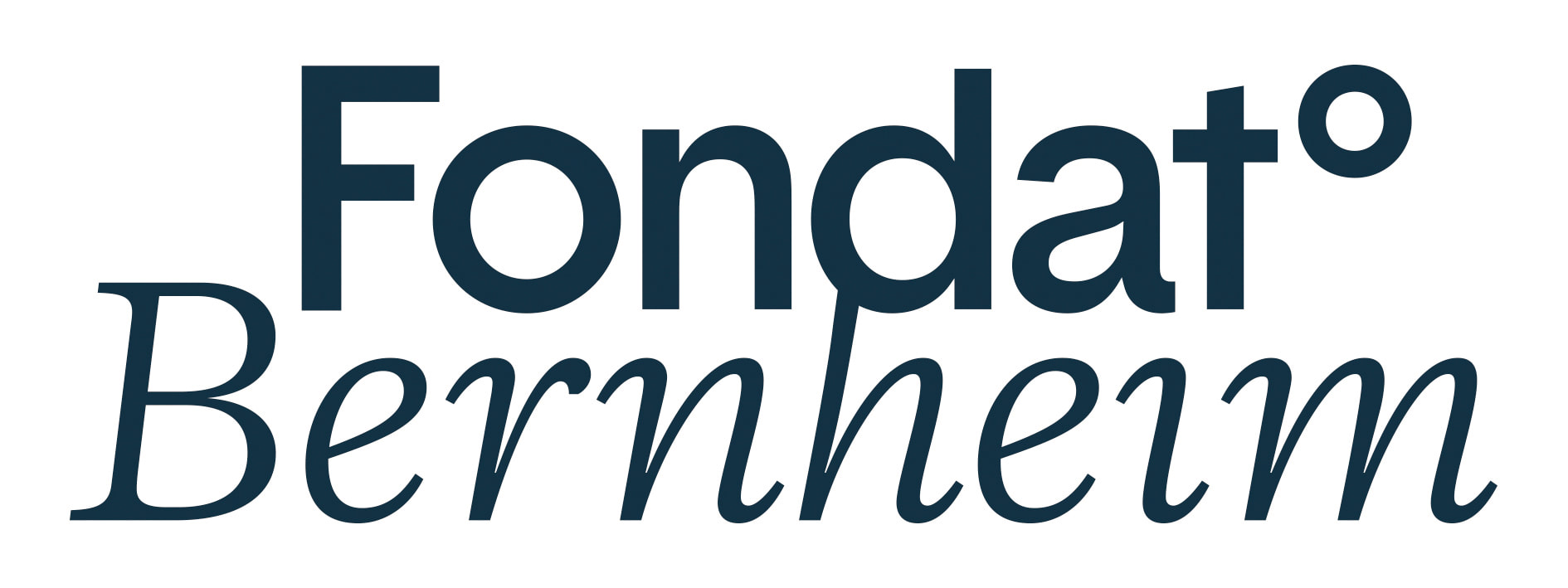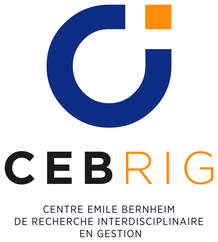RESUME
Arvind Ashta is a professor of finance, control and law at the Univ. Bourgogne Franche-Comté, Burgundy School of Business – CEREN in Dijon, France. He offers an optional course in Microfinance and has taught Microfinance as visiting faculty in Chicago, Brussels and Pforzheim, and provided student seminars in Barcelona, Hertfordshire, Nancy and Mysore.
Microcredit, social entrepreneurship, and fintech are currently his main fields of research. He has authored "Microfinance: Battling a Wicked Problem" and “Realistic Theory of Social Entrepreneurship: A Life Cycle Analysis of Micro-Finance”. He has edited a book on "Advanced Technologies for Microfinance" and co-edited books on "MIS in Microfinance" and on "Slow Management". He has over eighty publications in international journals, including Ecological Economics, Strategic Change, Innovations, and Cost Management.
He holds a B.A. (Hons.) in Economics from St. Stephen's College, Delhi University, a PGDM from IIM Calcutta, a LL.B., from Delhi University, a Doctorate in Law from the University of Paris 2 (Panthéon-Assas) and a HDR in Economic Sciences from the University of Lille 1 (Sciences and technologies).
He worked 17 years in Corporate Enterprises in India and France in the fields of Management Control and Accounting before entering academics.
He is a member of CERMi, the Research and Innovation Network (RRI) and an informal member of the European Microfinance Platform.
Microcredit, social entrepreneurship, and fintech are currently his main fields of research. He has authored "Microfinance: Battling a Wicked Problem" and “Realistic Theory of Social Entrepreneurship: A Life Cycle Analysis of Micro-Finance”. He has edited a book on "Advanced Technologies for Microfinance" and co-edited books on "MIS in Microfinance" and on "Slow Management". He has over eighty publications in international journals, including Ecological Economics, Strategic Change, Innovations, and Cost Management.
He holds a B.A. (Hons.) in Economics from St. Stephen's College, Delhi University, a PGDM from IIM Calcutta, a LL.B., from Delhi University, a Doctorate in Law from the University of Paris 2 (Panthéon-Assas) and a HDR in Economic Sciences from the University of Lille 1 (Sciences and technologies).
He worked 17 years in Corporate Enterprises in India and France in the fields of Management Control and Accounting before entering academics.
He is a member of CERMi, the Research and Innovation Network (RRI) and an informal member of the European Microfinance Platform.
RESEARCH FIELDS
Microfinance | Crowdfunding Development | Social Entrepreneurship | Fintech
most RECENT publications
- Towards a New Form of Undemocratic Capitalism: Introducing Macro-Equity to Finance Development Post COVID-19 Crisis, Journal of Risk and Financial Management 14 (3), 116, 2021.
- Is an Offline Sharing Economy Innovation Transmissible Online ? : Exploring the Role of Conformity in Group Lending, Assadi D., A. Ashta, & N. Duran, Multidisciplinary Approaches to Crowdfunding Platforms, 134-162, 2021.
- Value creation of Fintechs in the banking and financial services offer: Between deshumanisation and rehumanisation, Biot-Paquerot G., D. Assadi, & A. Ashta, Innovations, 209-235, 2021.
- In the wake of the COVID crisis, Work-sharing from Different Angles: Employment, Equality, Ecology and Elation, Marche et organisations, 159-186, 2021.
- Catch them young: Impact of financial socialization, financial literacy and attitude towards money on financial well‐being of young adults, Pandey A., A. Ashta, E. Spiegelman, & A. Sutan, International Journal of Consumer Studies 44 (6), 531-541, 2020.
- Is Microcredit a Reverse Innovation ?, Ashta A. & S. Mor, FIIB Business Review, 2319714520962924, 2020.
- Bottlenecks to Financial Development, Financial Inclusion, and Microfinance: A Case Study of Mauritania, Bouasria M., A. Ashta, & Z. Ratsimalahelo, Journal of Risk and Financial Management 13 (10), 239, 2020.
- Exploration of financial stress indicators in a developing economy, Pandey A., A. Ashta, E. Spiegelman, & A. Sutan, Strategic Change 29 (3), 285-292, 2020.




